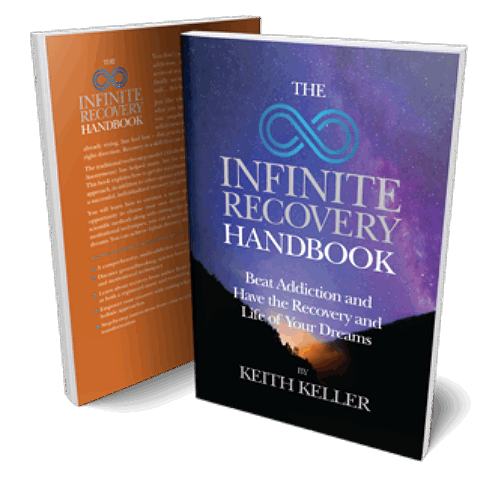For many, one of the hardest things in recovery is socializing. Your old friends and old activities could represent influences and an environment where bad things can happen to a good recovery. If you are swimming in a sea of alcohol or your old drug of choice, it’s only a matter of time until you swallow, inhale or otherwise consume some. However good your intentions might be, you need to remember that the addictive mind is a peak performance rationalization machine, which you are still reengineering.
You are serious about changing, and you believe that you have the willpower to resist temptation. This is the big trap that catches anyone who doesn’t heed the experience of those who have already fallen into it. You could take a lie-detector test, and you would pass when you deny intending to relapse. After a night out with old playmates in old playgrounds, you’ll also be telling the truth when you say you don’t know how or why you picked up. The reality is that until you have changed at a substantial depth, you remain powerless over the lies and the lure of your old addiction, which insidiously comes in the form of friends and familiar places.
When you have practiced something so much that you do it on “autopilot,” you are doing it unconsciously. When you get in the driver’s seat of the car, you’re used to driving. When you go to the bar, you’re accustomed to drinking. It feels like the natural thing to do.
So, the sticky part is all about feeling out of your element, off your game. If you have spent years in the grip of addiction, your habits, hobbies and pastimes are going to be all about that lifestyle. Everything else is going to feel unnatural at first, and you’re going to feel the pull of the old and familiar. People, places and things were all about the buzz. What do you do now, where do you go?
